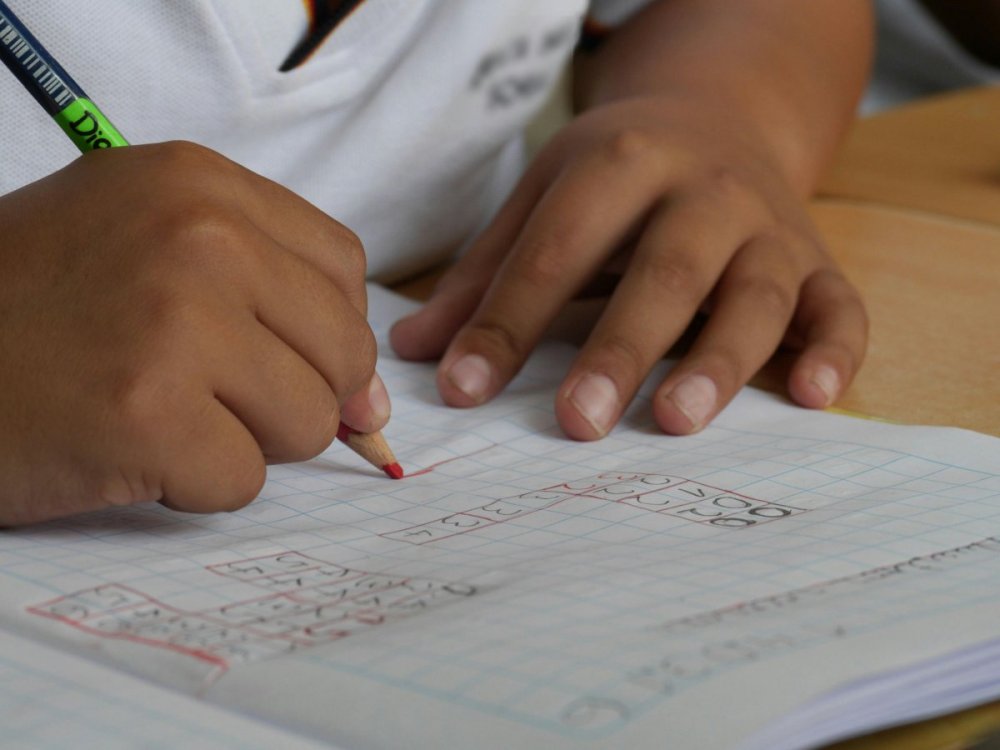Holiday not time to burden students with homework
By Kennedy.Buhere, April 29, 2024Remain open and curious; expand your horizons and explore the world of knowledge and skills with your students; and seek not to ‘cover the syllabus’, but to ‘uncover’ the world together with your students.
Mr Ng Chee Meng, (then) Minister of Education (Schools), at a principals’ function in 2017.
A Play by Friends’ School Kamusinga during the just concluded 62nd Kenya Drama and Music Festival in Embu, triggered immense thinking about the appropriate nexus between work and life in students, and employees.
Discussions about work and life balance is where responsibility lies to ensure employees have a good work and life balance. The conventional wisdom is that employers have a moral responsibility to the health—physical, and mental—of their employees. Besides this moral responsibility the stressed-out employees are less productive.
The Prescription, the play students of Friends School Kamusinga performed, focused more on what happens when schools give excessive amounts of homework to learners while on half term.
The calendar is divided into three terms in a school year with April, August and December holidays. The government provides short breaks within each term to allow learners to re-join their respective families and relax. Half term provides a mental break from the rigours of learning—pending recharging for the next session of learning.
In the Play, the students proceed on half term as stipulated in the school calendar. However, the school saddles the students with homework to be completed before they resume learning—a week later.
This is the crux of the drama. Aware of the homework the son has come home with, the father, who himself is stressed with a huge amount of work, cannot allow the son to visit the grandfather back upcountry. The father feels failure to complete homework will affect the son’s expected performance.
The father wants a straight A from his son in the national examinations. He has hired his teacher to provide extra tuition during this short period—a teacher who is equally stressed by the dynamics associated with teaching. Student, the teacher, his father and mothers are caged in their respective work. They are clearly stressed. The stress has a toll on their physical and mental health.
Physical and mental effects of the suppression of the necessary balance between work, (learning), rest and recreation was clear for all to see. Play artistically questioned the educational value of sending learners home for half term with homework.
Homework of the quantity the play displayed unduly extends schooling life to home. It denies the learners opportunity to jell with the family—nuclear and extended.
There are families that have reserved half terms and school holidays for bonding with children. Some of them embark on exciting adventures with their children away from home. It means many things when students go home with a heavy workload. The students do not seem to have time for reflection on what they have learned, discuss with fellow students the topics they have learned or take time to undertake further research on the topics they have been taught.
Reflection, peer teaching (discussion amongst the students) and own reading strengthens their understanding and appreciation of what the teachers have taught them. Without this, understating of the concepts is perfunctory and mechanical.
Continually tired students are also far more susceptible to illness, so it becomes a really unhealthy cycle to be in. Ironically in this situation, the more time they spend on their studies, the less effective they will be. It becomes a case of quality versus quantity – and we would always err on the side of students producing quality work at a time when they are physically and mentally ready to do their best.
Schooling and the curriculum should not be the prison the Prescription demonstrated.
— Communications Director, Ministry of Education
